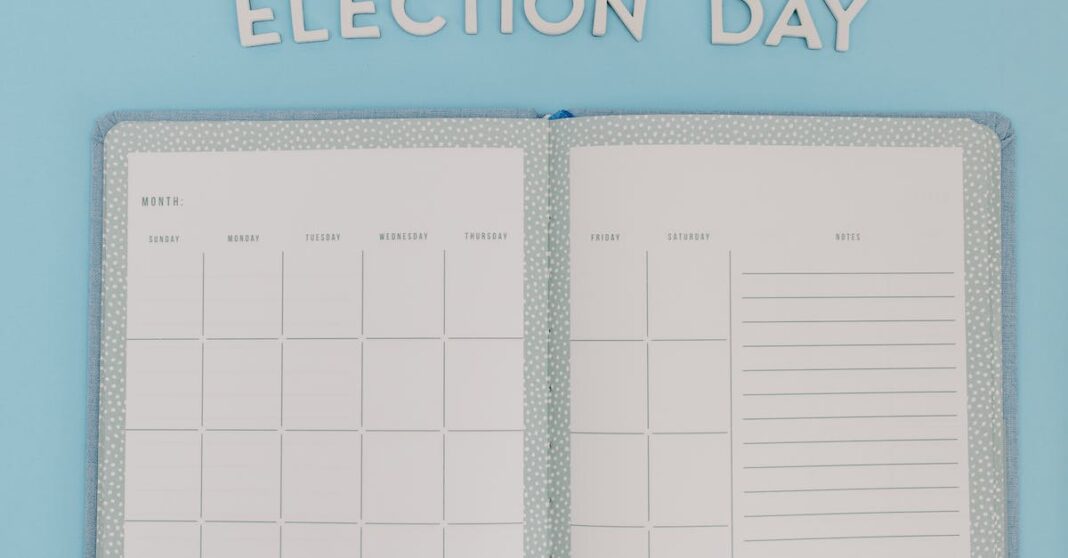Bankruptcy can be such a negative experience, but with proper guidance and the right sources of information, it can be a positive solution to an otherwise, unbearable situation. If you are looking at bankruptcy, consider the advice of the following article. It should guide you through the process and see you through it, unscathed.
Individuals often seek to file for personal bankruptcy protection if their debts exceed their ability to repay them. If this is your case, you should do some research about bankruptcy laws in your state. Bankruptcy rules vary by jurisdiction. In certain states if you file for bankruptcy your home remains protected, but the laws vary depending on where you reside. Be aware of bankruptcy laws before filing your claim.
When you file for bankruptcy you limit your options for many future loan options. Many banks do not forgive bankruptcy and it shows on your credit report for 10 years. Think twice before making the decision to file for bankruptcy. You might want to defer your bills for a couple of months, instead of hurting your credit for 10 years.
When it comes time for you to hire an attorney to deal with your bankruptcy, be sure to find one that has a ton of experience with personal bankruptcy. Learn about the charges you will have to pay, and how many of their associates will be working on your case.
Be fully educated about the rules of bankruptcy. If the courts were to find that you have disregarded any of the rules in place, your petition could be dismissed. Laws prohibit picking and choosing some debts to pay off prior to filing for bankruptcy. Family members cannot be paid off within one year of filing and creditors are limited to ninety days.
Before you consider filing for bankruptcy, you should make a pre-determination if bankruptcy may be the right choice. First, make a list of all income, including, salary, child support, alimony, rent and any other sources you may have. Then, make a list of your bills. These would include mortgage, rent, car payments, monthly credit card payments, groceries and gas. If your monthly bill total is more than the income you bring in, it may be time to seek the advice of a bankruptcy attorney, who can help you make the final decision.
Talk to other professionals before talking to a bankruptcy lawyer. Talk to financial advisers and credit counselors to see if bankruptcy is, in fact, your best option. A bankruptcy lawyer has a conflict of interest, so they are less likely to dissuade you from filing for bankruptcy. Finding an impartial, knowledgeable thirty party will give you the complete picture.
See what the value is on your home. If you are upside down on your mortgage, you may be able to eliminate your second mortgage. The main guideline for this is that your home must be worth more than what you owe on the first mortgage. This could really help your financial situation by relieving you from that large second mortgage payment each month.
A good personal bankruptcy tip is to be well versed in all of the rules when it comes to filing for bankruptcy. The last thing you would want is to be penalized, or taxed by the IRS. They do indeed tax some of the debt that you’ve managed to get rid of.
Before opting to file for personal bankruptcy, try to pay off all of your debts. Some creditors are more than willing to work with you and you should do so before deciding to file for bankruptcy. This way, you can avoid all of the problems that are associated with bankruptcy.
Keep in mind that, currently, student loans cannot be discharged when filing for bankruptcy. There is a process by which student loans could be considered dischargeable, but it is costly, difficult, and rarely successful. However, student loans in bankruptcy have been a topic discussed by Congress in recent years, so keep up with new bankruptcy laws to find out if any changes have been made.
Familiarize yourself with the requirements for different types of personal bankruptcy so, you can decide which type is most appropriate for you. Chapter 7 bankruptcy offers low-income debtors the ability to liquidate their assets to repay debts. Chapter 13 requires you to have a steady source of income so, that you can repay debts over time.
Be completely honest when filing your bankruptcy schedules. You must disclose absolutely all of your debts and personal property, including tax refunds, child support, social security and other less-obvious assets and claims. Hiding your assets or claims is a federal crime, which can be punishable by loss of your claim or a prison sentence.
Facing bankruptcy is hard enough in and of itself, therefore, you don’t need to go through the process blind and be subject to misguidance and further hardship. We hope this article has shed some light on the better ways of filing, the right people to turn to, and the best solutions for your personal circumstances.



